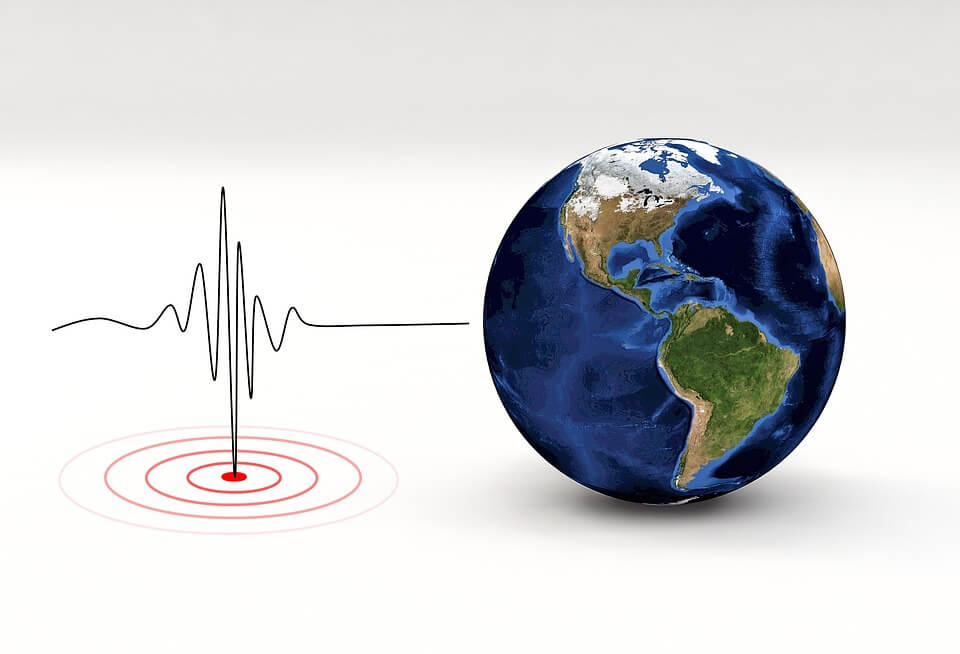Advertisement
What effects does an earthquake have on people and the environment? Explanation of the effects of the earthquake on human life and the environment.

Source : pixabay.com
Earthquakes can have significant effects on both human life and the environment. Here are some of the most common effects:
Effects on Human Life:
- Casualties and injuries: Earthquakes can cause a range of injuries, from minor cuts and bruises to more serious injuries like broken bones and head trauma. In severe cases, earthquakes can also lead to fatalities. The risk of injury and death is highest in areas with poorly constructed buildings or homes.
- Displacement and homelessness: Earthquakes can cause significant damage to homes and buildings, forcing people to leave their homes and seek shelter elsewhere. In some cases, people may become permanently homeless if their homes are completely destroyed or deemed unsafe to inhabit.
- Psychological trauma: Earthquakes can be traumatic events that can cause significant emotional distress. The fear and uncertainty of an earthquake can lead to anxiety, depression, and post-traumatic stress disorder (PTSD) for some people. The long-term psychological impact of an earthquake can be especially severe for children.
- Disruption of infrastructure: Earthquakes can damage roads, bridges, and other critical infrastructure, making it difficult for emergency responders to reach affected areas or for people to access essential services like water, food, and medical care. Power outages and communication disruptions can also make it difficult for people to receive help or contact loved ones.
- Economic losses: Earthquakes can cause significant economic losses, particularly in areas with high population density or high levels of economic activity. The destruction of homes, businesses, and infrastructure can lead to job losses, reduced economic activity, and long-term economic damage.
Effects on Environment:
- Landslides: Earthquakes can trigger landslides, which can block roads and rivers, damage infrastructure, and create hazards for people living in affected areas. Landslides can also damage natural habitats and ecosystems, leading to the loss of plant and animal species.
- Tsunamis: Earthquakes that occur under the ocean can cause tsunamis, which are large waves that can travel long distances and cause significant damage to coastal communities. Tsunamis can cause flooding, damage to homes and infrastructure, and loss of life.
- Soil liquefaction: The shaking from earthquakes can cause soil to lose its strength and become liquid-like, which can cause buildings and other structures to sink or tilt. Soil liquefaction can also lead to the formation of sinkholes and other hazards that can pose a risk to human life.
- Ground rupture: Earthquakes can cause the ground to rupture, which can permanently change the landscape. Ground ruptures can create large cracks in the ground, shift the course of rivers and streams, and cause other changes to the natural environment.
- Damage to wildlife habitats: Earthquakes can damage or destroy wildlife habitats, which can have long-lasting effects on local ecosystems. Damage to forests, wetlands, and other habitats can lead to the loss of plant and animal species and disruption of food webs and other ecological processes.
Overall, earthquakes can have a wide range of effects on human life and the environment, highlighting the importance of earthquake preparedness and mitigation efforts. By taking steps to prepare for earthquakes and reduce their impact, individuals and communities can help minimize the damage and protect themselves from harm.